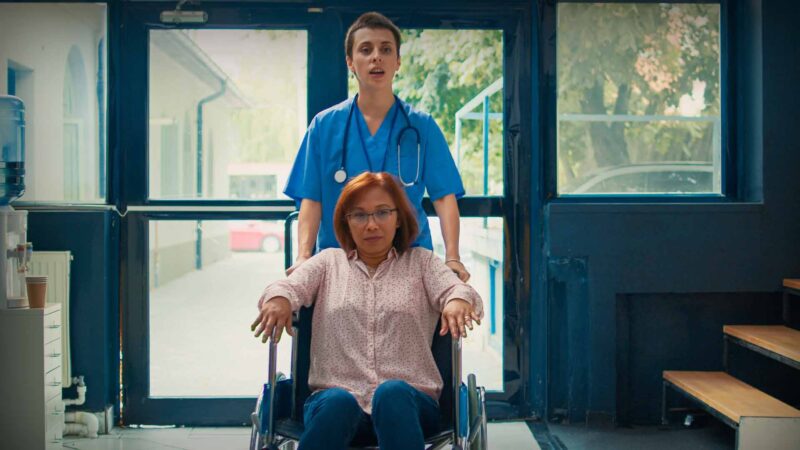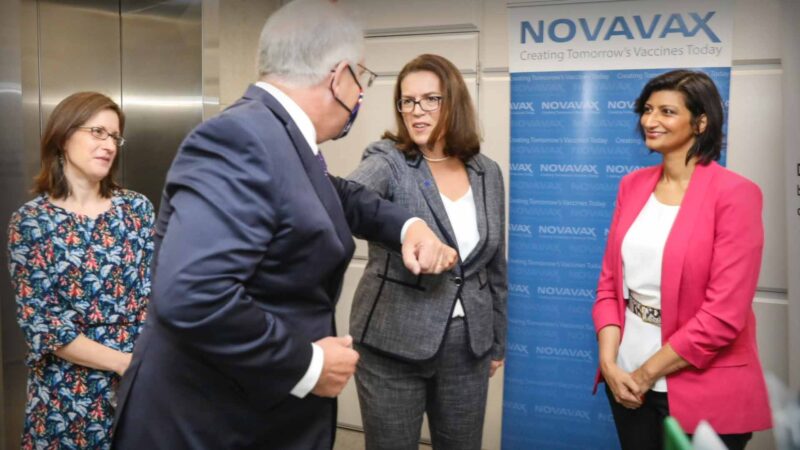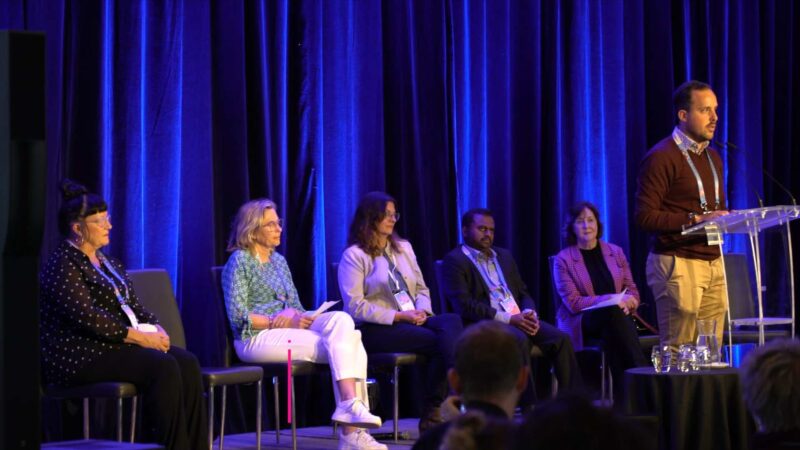For two decades, the demand for emergency department services in Australia has outpaced population growth and wait times have increased. In 2022-2023 more than 8.8 million emergency department presentations occurred nationwide.
While demand is a contributing factor, EDs are currently being impacted by various factors across the entire health system.
The Emergency Medicine Foundation (EMF) is a non-profit organisation funding innovative Australian research that improves the way people are cared for in a medical emergency. The aim of the research is to deliver better and more effective health services to save lives and money.
Professor Hugh Grantham, Emergency Medicine Foundation (EMF) Chair on the urgent challenges in emergency departments states, “The issue of system-wide delays from triage to admission to treatment and discharge is one of the Australian healthcare system’s most challenging problems and it severely impacts vulnerable patient groups, including aged care and mental health patients.”
In February 2024, the Emergency Medicine Foundation (EMF) launched a $1.3 million fund for new research grants dedicated to addressing the pressing issues in emergency care to improve patient outcomes in Australia.
These projects will include innovative ways to improve pain management in children, treating diabetic patients, and optimising treatment for patients who call an ambulance for nausea or vomiting.
Australian Health Journal spoke with Dr Kim Hansen, Emergency Medicine Foundation Board Director, author & presenter of a broad range of topics including ED crowding, incident reporting, cognitive bias and gender equity.
Since launching in 2007, EMF has fostered significant growth in research and innovation in emergency, prehospital and retrieval medicine across Queensland. These EMF-funded research projects have proved both effective and wide-reaching, with a recent mental health study projected to save the Australian health system $30 million.
You Might also like
-
Redefining diversity in clinical trials
Ensuring inclusion, diversity, equity and patient input in the development of novel drugs and medical devices has become well accepted in health care. However appropriate implementation of these elements has been a challenge for many. Only by implementing these conscious inputs can patient outcomes be improved and health disparities in marginalised groups be addressed.
Australian Health Journal spoke to Gillian Mason, Consumer and Community Involvement Lead at Hunter Medical Research Institute in Newcastle, NSW on this topic discussed at the recent ARCS Conference in Sydney.
-
Family biz succeeds in vaccine approval & distribution
It’s been 10 years since Jenny and Karl Herz started in business. Over the past 10 years they’ve launched Biointelect and Biocelect businesses to help secure approval and distribution for new medicines into Australia.
In this Australian Health Journal interview, Jenny and Karl talk about the journey the husband and wife team took to get the Novavax COVID-19 vaccine (Nuvaxovid) approved and distributed in Australia. The journey didn’t just include talented and diverse skilled staff but also their children working in both organisations.
-
Study on digital tool for pharmacists in aged care
In March 2022, the Australia government announced $350 million of funding over 4 years to employ on-site pharmacists in residential aged care, starting July 2023. In April 2023, the government made changes to the proposed on-site pharmacists, where the new program will now be delivered by and through community pharmacies. Regardless of how the model will be implemented, the goal remains the same – to improve quality use of medicines and medicines safety for aged care residents.



